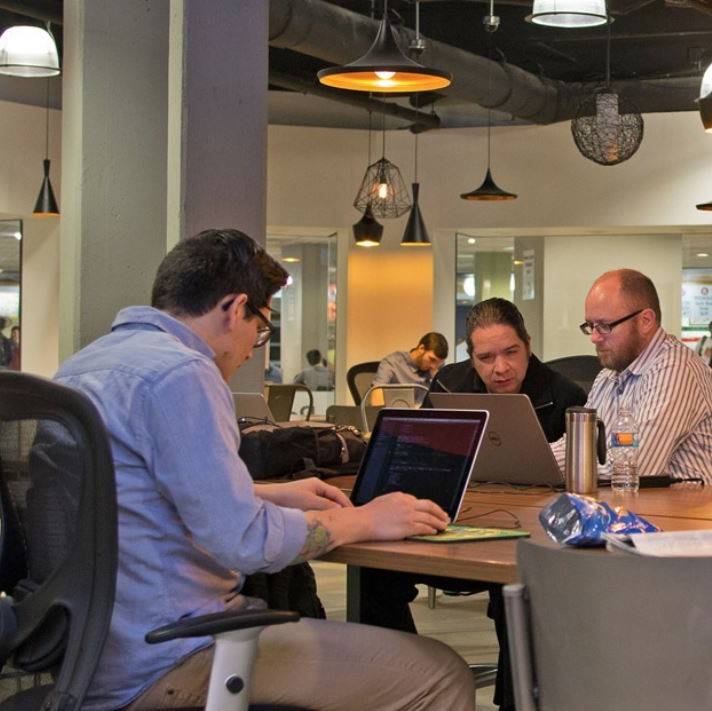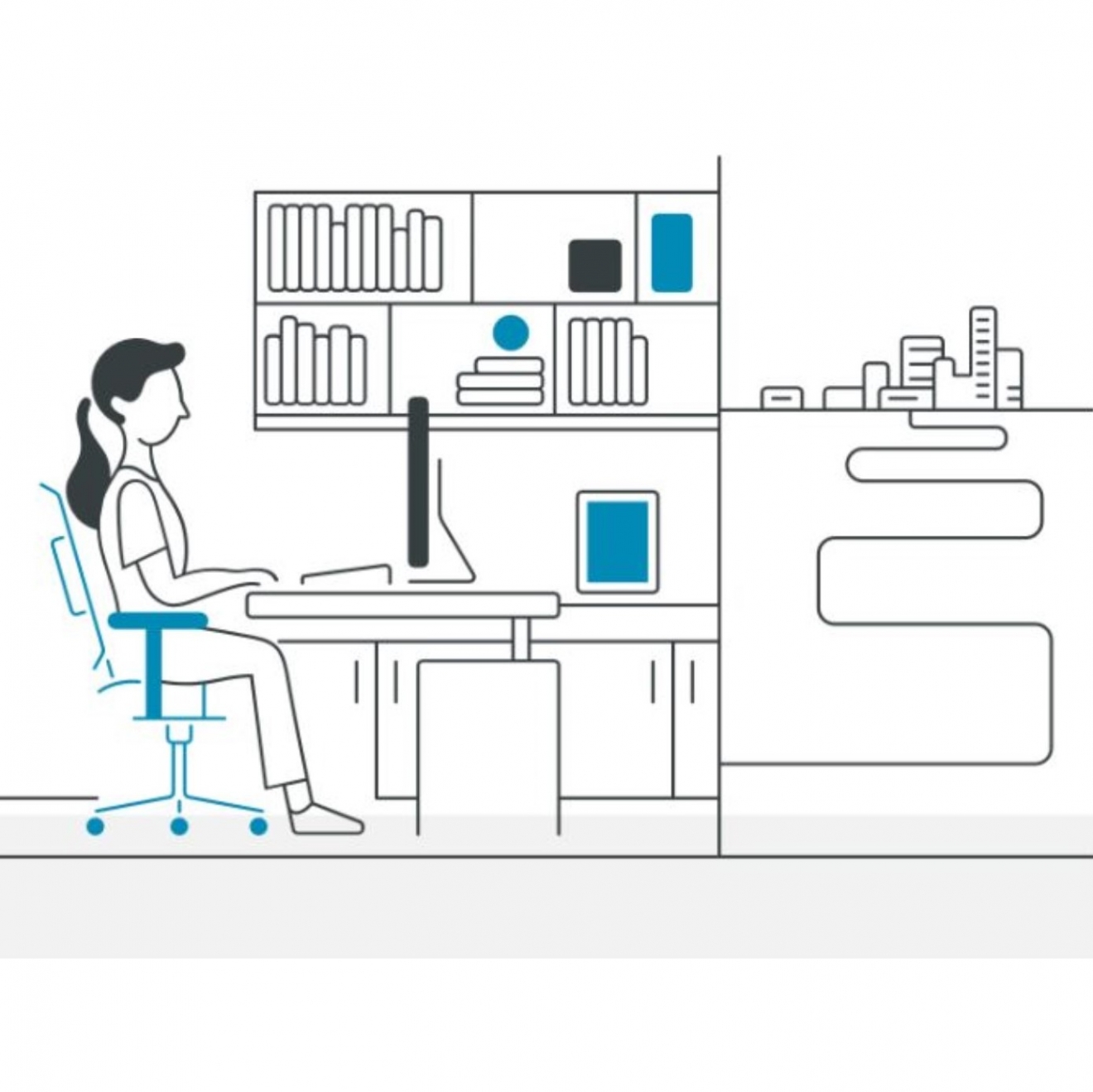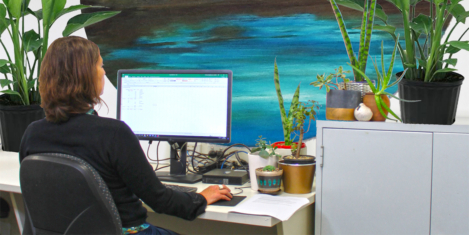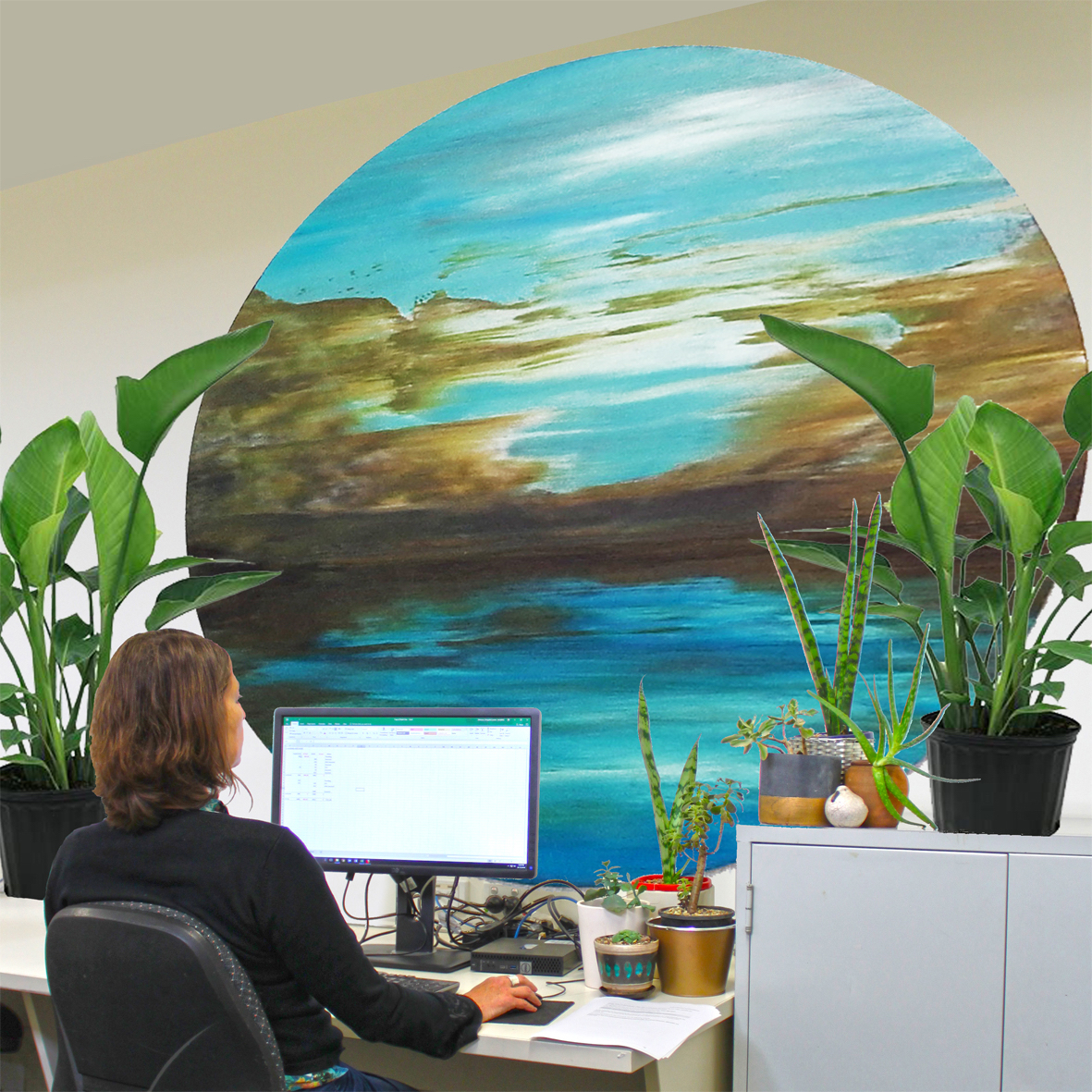To provide the best experiences, we use technologies like cookies to store and/or access device information. Consenting to these technologies will allow us to process data such as browsing behaviour or unique IDs on this site. Not consenting or withdrawing consent, may adversely affect certain features and functions.
The technical storage or access is strictly necessary for the legitimate purpose of enabling the use of a specific service explicitly requested by the subscriber or user, or for the sole purpose of carrying out the transmission of a communication over an electronic communications network.
The technical storage or access is necessary for the legitimate purpose of storing preferences that are not requested by the subscriber or user.
The technical storage or access that is used exclusively for statistical purposes.
The technical storage or access that is used exclusively for anonymous statistical purposes. Without a subpoena, voluntary compliance on the part of your Internet Service Provider, or additional records from a third party, information stored or retrieved for this purpose alone cannot usually be used to identify you.
The technical storage or access is required to create user profiles to send advertising, or to track the user on a website or across several websites for similar marketing purposes.
 New research from travel app provider Seatfrog claims that workers are looking for more than just fun or unusual workplace perks to brag about to their friends when starting a job. While on-site table tennis, a free bar and unlimited snacks has become commonplace in the war to attract talent, especially in the technology sector, around three in five of the 2,000 people surveyed dismiss perks as nothing short of a gimmick. (more…)
New research from travel app provider Seatfrog claims that workers are looking for more than just fun or unusual workplace perks to brag about to their friends when starting a job. While on-site table tennis, a free bar and unlimited snacks has become commonplace in the war to attract talent, especially in the technology sector, around three in five of the 2,000 people surveyed dismiss perks as nothing short of a gimmick. (more…)




































October 1, 2019
Ergonomics regs are still relevant in the age of agile work
by Guy Osmond • Comment, Wellbeing, Workplace design